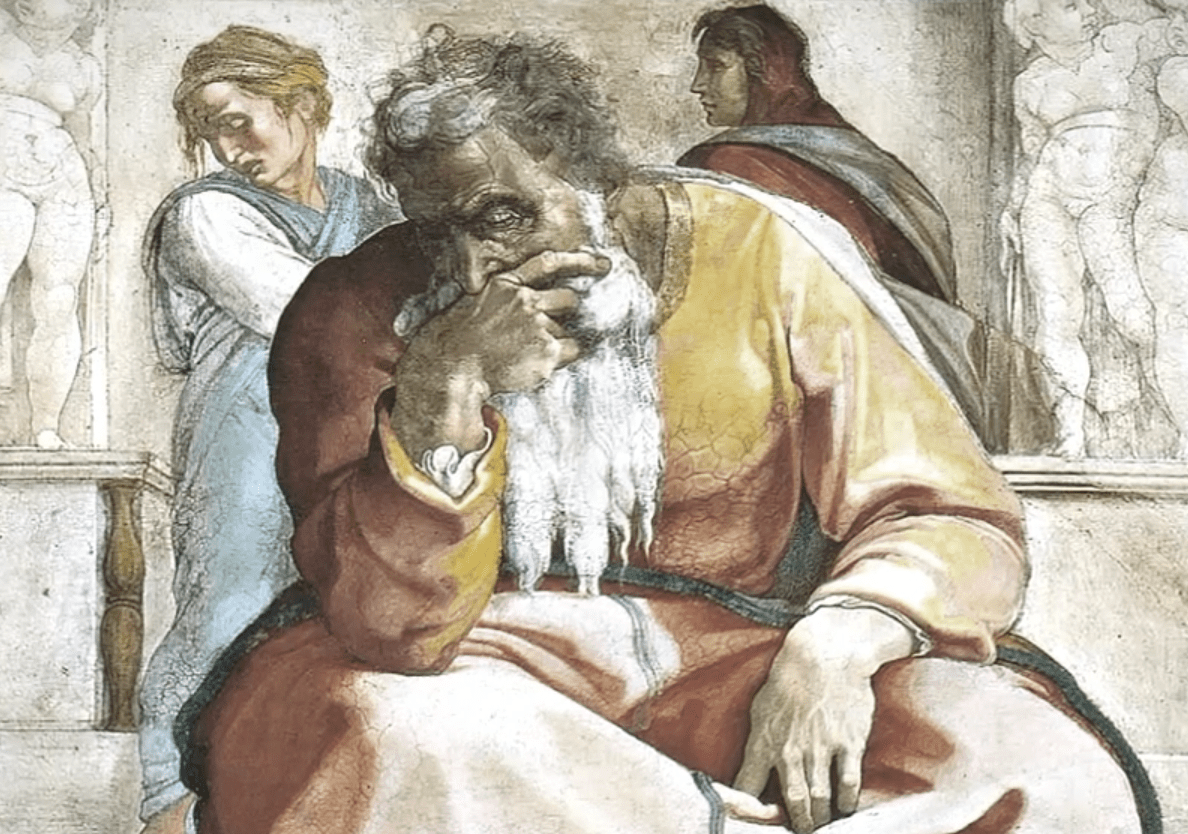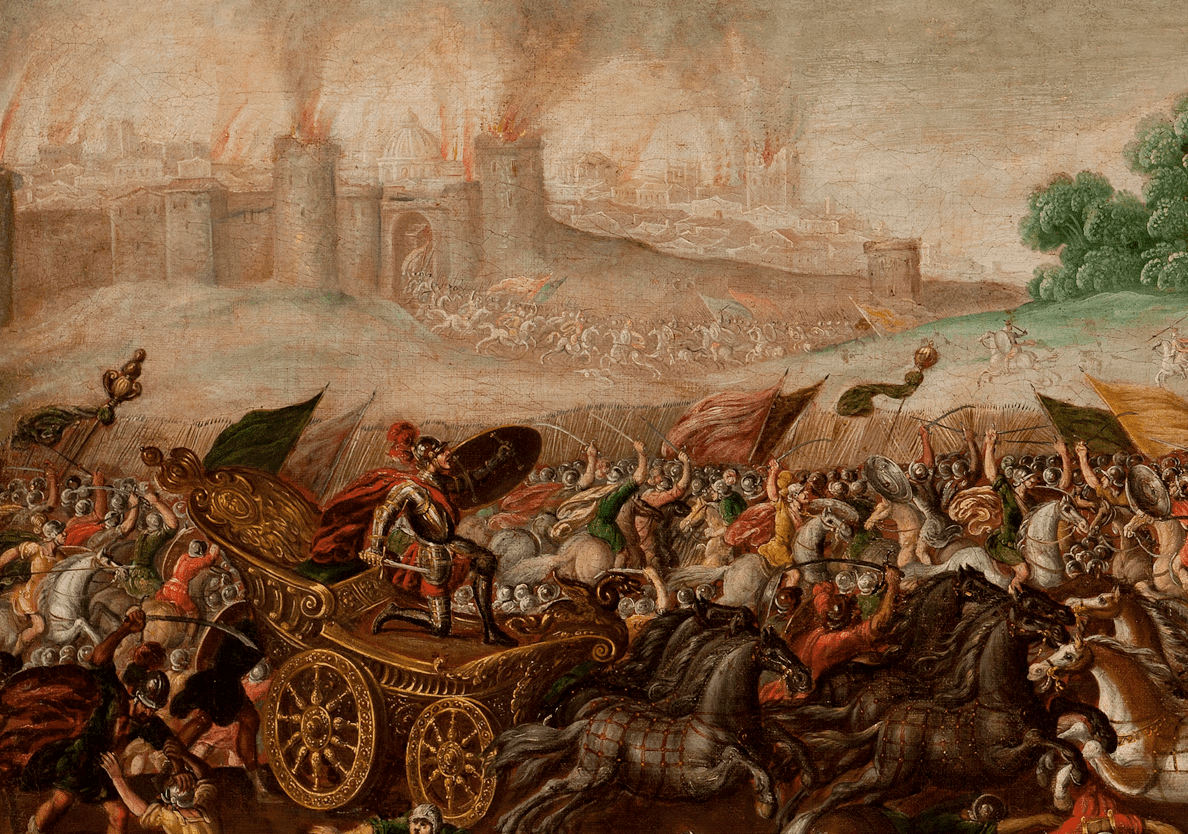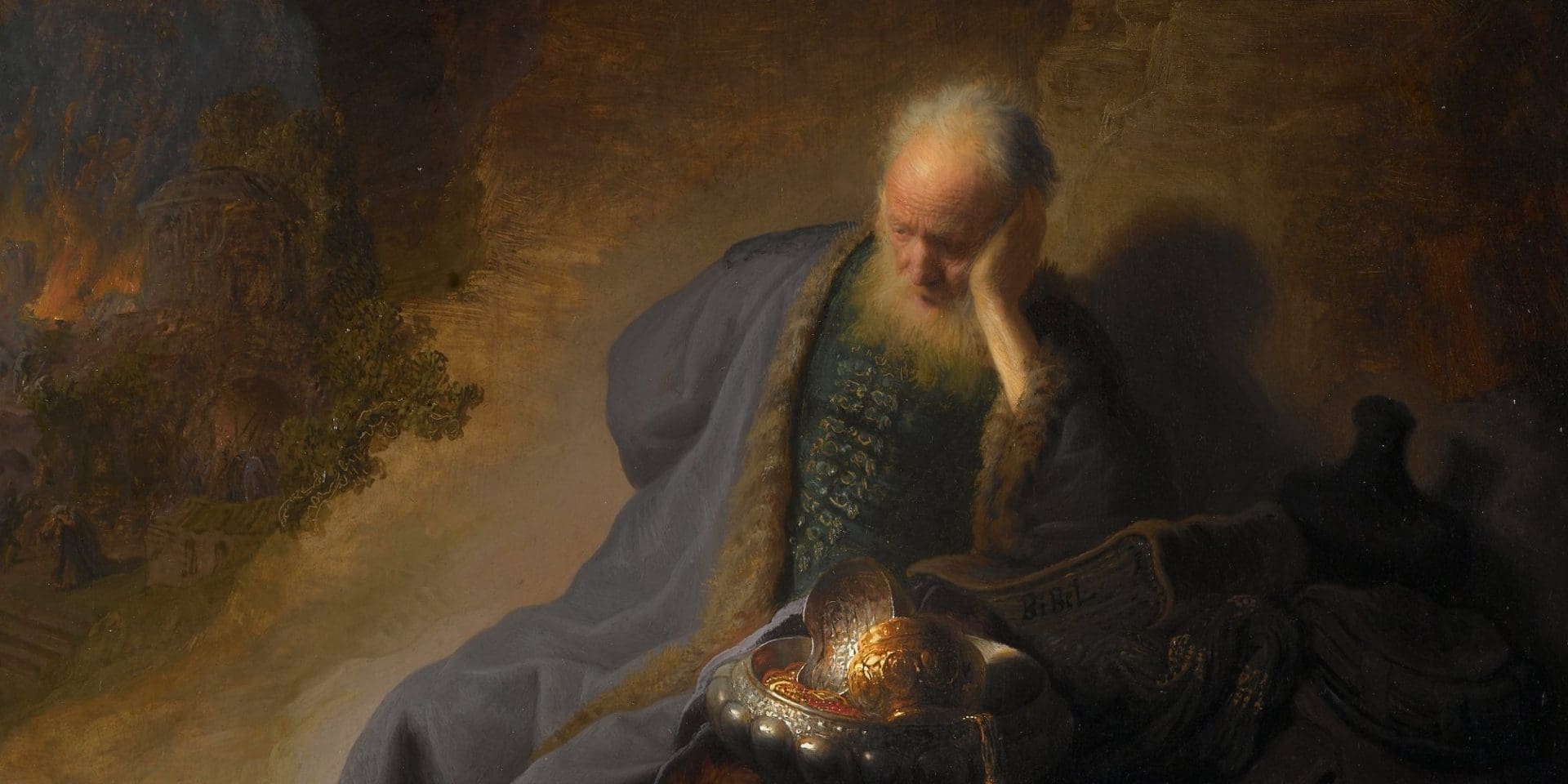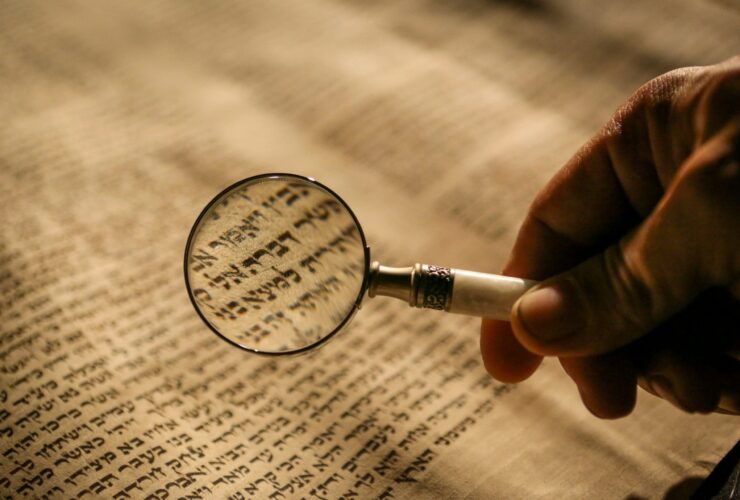Known famously as “the weeping prophet”, Jeremiah (who prophesied from 627-586 BC) stands out as one of the most unique persons of the entire Bible[1]. A son of Hilkiah, a priest of Anathoth, Jeremiah receives his call from God when he is very young—perhaps no more than thirteen years of age[2]. In fact, Jeremiah was the only prophet ever instructed by God not to pray for his own nation (Jeremiah 7:16). God informs the boy that he will be “the prophet of Judah’s midnight hour” proclaiming the destruction and end of the Jewish nation.
“He was mocked, whipped, accused, threatened, despised, hated, rejected, imprisoned, and cast into a pit.”
Jeff Lasseigne
Such a task would be anything but easy. Delivering this message would officially make Jeremiah the most despised and persecuted Old Testament prophet. Worse still, although Jeremiah’s ministry commenced during the reign of King Josiah, the subsequent four kings were anything but Godly[3]. Indeed, in Jerusalem’s final hours Jeremiah advises Zedekiah, the very last king of Judah, to surrender himself to the Babylonians, since God was employing Babylon as His tool of judgment. Jeremiah makes reference to Babylon as God’s instrument of judgment over 160 times, more than the rest of Scripture combined. He also prophesied that the Babylonian captivity would only last seventy years[4]. However, for this the prophet is branded a traitor and imprisoned. When the Babylonians do invade, King Zedekiah foolishly ignores Jeremiah’s Godly advice and attempts to escape. After he is captured twenty miles out of Jerusalem, he is forced to watch the death of his sons, then blinded and carried off to Babylon, never to return.
As for Jeremiah, “No other Old Testament prophet of God probably suffered as much as [he] did during his forty years of ministry. He often found himself standing alone and opposed by people, false prophets, princes, and priests. He was mocked, whipped, accused, threatened, despised, hated, rejected, imprisoned, and cast into a pit.”[5]


Later, “the Babylonians freed him apparently because they learned he had advised the leaders to surrender. It may have been during this lonely time in his decimated homeland that he wrote the book of Lamentations, traditionally attributed to him. Known as the saddest book in the Bible, it’s an eyewitness report of the siege and fall of Jerusalem, followed by the grief of a people with no nation.”[6] Interestingly, Jeremiah is the only prophet to give us an eyewitness account of Jerusalem’s destruction (Jeremiah 39) and records more about his own personal life than any other prophet. No wonder he is well-remembered as the weeping prophet.
Final Thought
As one last closing observation, author Stephen Miller notes how “It’s intriguing that God called a “boy,” Jeremiah, to become the prophet who would grow up to turn the lights out on the Jewish nation. He foretold the destruction and witnessed it. What makes this especially fascinating is that centuries earlier God had called a boy named Samuel to do just the opposite. Samuel grew up to become the prophet who turned the lights on. He anointed Israel’s first king. And it was yet another boy, Jesus, who came to inaugurate a new Israel not of this world. He turned the lights on forever.”[7]

Ryan Hembree is a daily co-host, speaker, and writer of Bible Discovery. He also hosts a YouTube channel that shows the unity of the Bible and how science and Scripture fit together. Ryan also has an honorary Masters of Ministry in Creation Science from Phoenix University of Theology.
[1] The book of Jeremiah is quoted at least seven different times in the Old and New Testaments. Jeremiah and his scribe Baruch wrote the books of Jeremiah, Lamentations, and possibly even helped compile 1-2 Kings.
[2] Jeremiah’s calling also meant remaining unmarried (Jeremiah 16:2), and he was the only man in the Bible who was told not to marry. This may have been a blessing in disguise, considering God was going to be bring judgment onto Jerusalem.
[3] The four subsequent Judean kings after Josiah were Jehoahaz, Jehoiakim, Jehoiachin, and Zedekiah.
[4] The prophet Daniel understood through Jeremiah’s prophecies that the Jews would be in exile for seventy years (Daniel 9:2). Notice that Daniel understood these seventy years to be literal, not allegorical or symbolic.
[5] Lasseigne, Jeff. Unlocking the Scriptures: What the Bible Is, How We Got It, and Why We Can Trust It (p. 215). Baker Publishing Group. Kindle Edition.
[6] Stephen M. Miller, Who’s Who and Where’s Where in the Bible, P.188-189
[7] Ibid., 187






